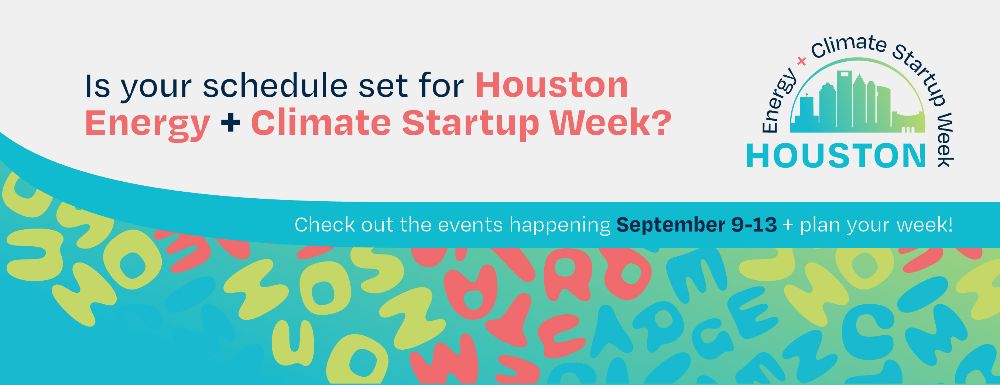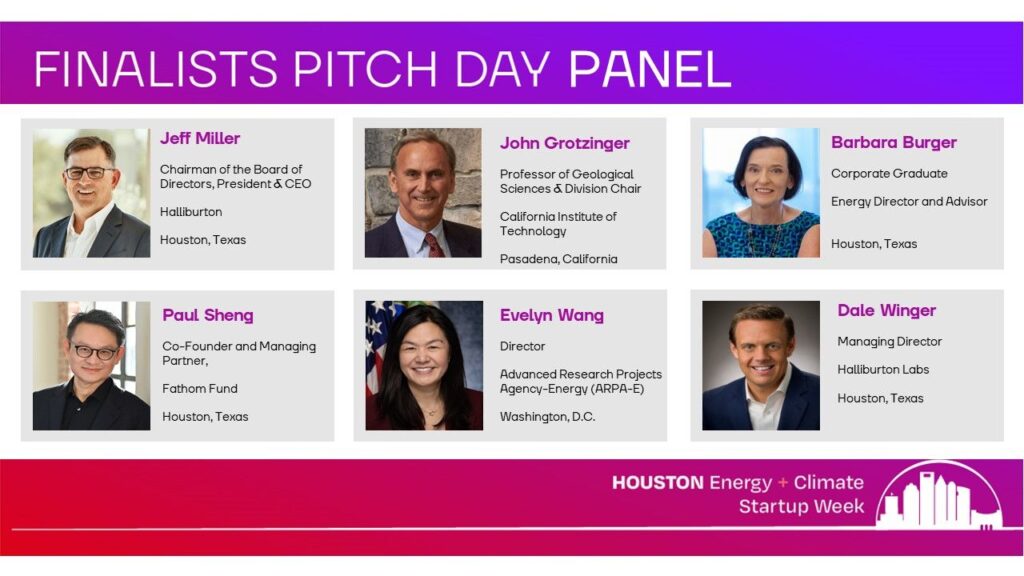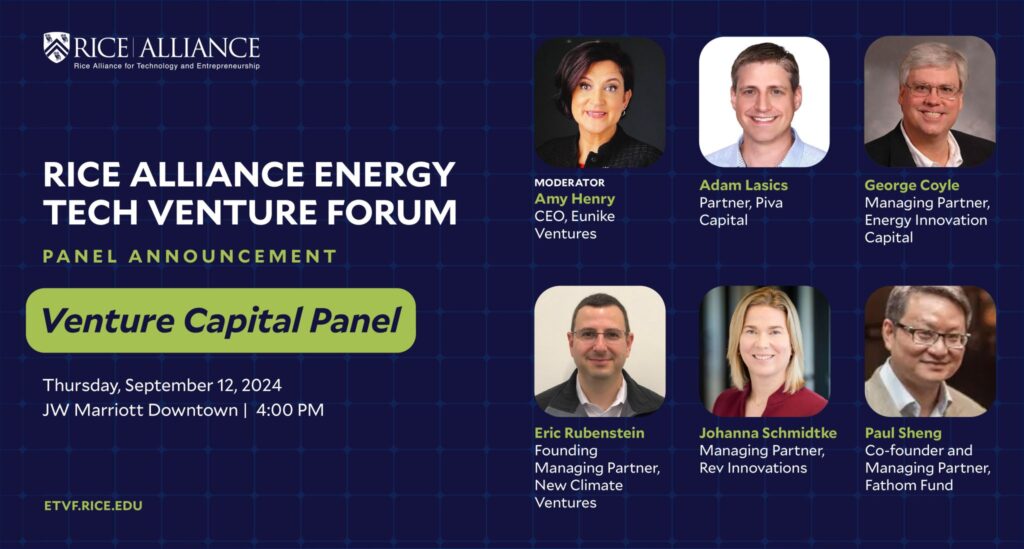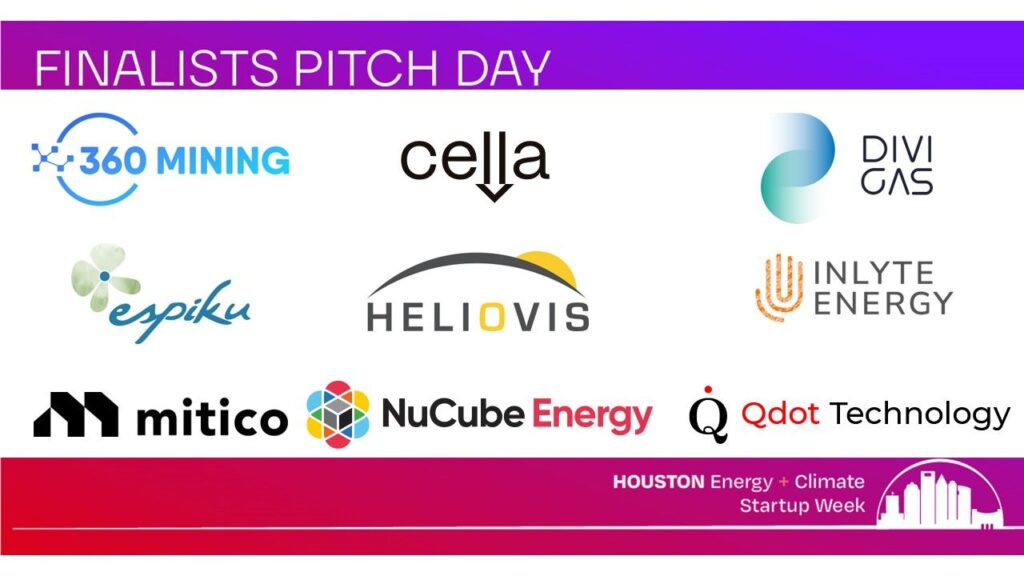Houston Energy and Climate Startup Week Announces 2025 Dates
The second annual conference returns September 15-19, 2025, to accelerate the development and scaling of real solutions for the dual challenge.
(Houston, Texas) Building on the success of its inaugural year, Houston Energy and Climate Startup Week will return September 15-19, 2025, bringing together thousands of startups, investors, and industry leaders from around the world.
“Houston Energy and Climate Startup Week was created to answer a fundamental question: Can we achieve more by working together than we can alone?” said Jane Stricker, Senior Vice President, Greater Houston Partnership and Executive Director, Houston Energy Transition Initiative. “By joining forces, we’re strengthening Houston’s role as a global leader in energy innovation, uniting top talent to turn bold ideas into real solutions. In 2024, we set out to build something with lasting impact—rooted in the ingenuity of Houston’s technologists and founders. Thanks to a collaborative effort across industry, academia, and startups, we’ve only just begun to showcase Houston’s strengths and invite others to be part of this movement. We can’t wait to see the city rise to the occasion again in 2025.”
Founded by Rice Alliance for Technology and Entrepreneurship, Halliburton Labs, Greentown Labs, Houston Energy Transition Initiative (HETI), Digital Wildcatters and Activate, this city-wide initiative was launched to showcase Houston is developing and scaling real solutions for the dual challenge—meeting growing global energy demand while reducing carbon emissions. The event’s inaugural year in 2024 demonstrated the power of this collaboration, drawing more than 2,000 attendees across 30+ events, featuring 100+ speakers and 125+ startups.
Anchor Events for 2025 Include:
- Monday, September 15
- Official Kickoff Event at the Ion, hosted by HETI
- Tuesday, September 16
- Activate Meet the Cohort
- Wednesday, September 17
- Rice Alliance Energy Tech Venture Forum (Invite-only Startup/Investor Office Hours)
- Thursday, September 18
- Rice Alliance Energy Tech Venture Forum at Rice University
- Greentown Labs ACCEL Showcase
- Friday, September 19
- Halliburton Labs Pitch Day at the Ion
In addition to these marquee events, returning programming from New Climate Ventures, Digital Wildcatters, and Global Corporate Venturing are already confirmed. New partners, including Decarbonization Partners and Avatar Innovations, are also joining the lineup. With the date announced, the founding partners invite 2024 hosts and others, to begin planning their events and programs. Calendar submissions will be opened in May.
Programming will take place across Houston, with the Ion District, powered by Rice University, serving as a key hub.
For more information and to get involved, visit houstonenergyclimatestartupweek.com
About Houston Energy and Climate Startup Week
Houston Energy and Climate Startup Week is a collaborative, city-wide initiative dedicated to advancing solutions for the energy transition. Launched by Rice Alliance for Technology and Entrepreneurship, Halliburton Labs, Greentown Labs, Houston Energy Transition Initiative (HETI), Digital Wildcatters and Activate, the annual activation brings together startups, investors, and industry leaders to showcase innovation and drive meaningful impact. Events are hosted by many organizations across the city.




